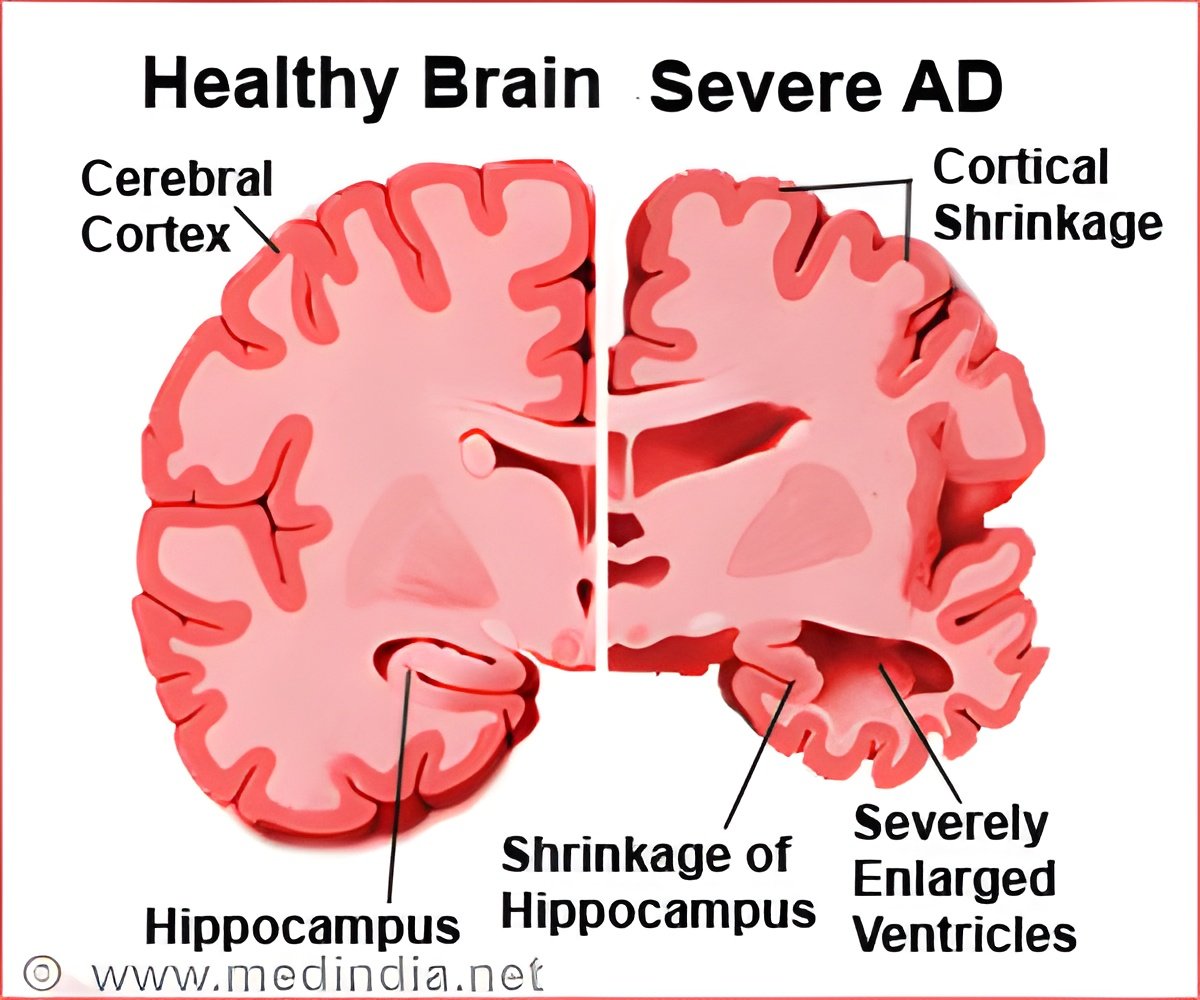Giving hope that a newly modified drug will be effective, researchers have defined a key mechanism behind Alzheimer's progress.

Their experiments consisted in testing Alzheimer's disease-induced mice with and without the gene for alpha7Rs. They found that while both types of mice developed plaques, only the ones with alpha 7Rs showed the impairments associated with Alzheimer's.
In this new understanding of Alzheimer's disease, there is a cellular signalling cascade, in which amyloid beta stimulates the alpha 7 nicotine receptors, which trigger astrocytes to release additional glutamate into the synapse, overwhelming it with excitatory ("go") signals.
This release in turn activates another set of receptors outside of the synapse, called extrasynaptic-N-methyl-D-aspartate receptors (eNMDARs) that depress synaptic activity.
Now that the team has finally determined the steps in this destructive pathway, the good news is that a drug developed by the Lipton's Laboratory called NitroMemantine, a modification of the earlier Alzheimer's medication, Memantine, may block the entry of eNMDARs into the cascade.
The study is published in The Journal of Neuroscience.
 MEDINDIA
MEDINDIA




 Email
Email







